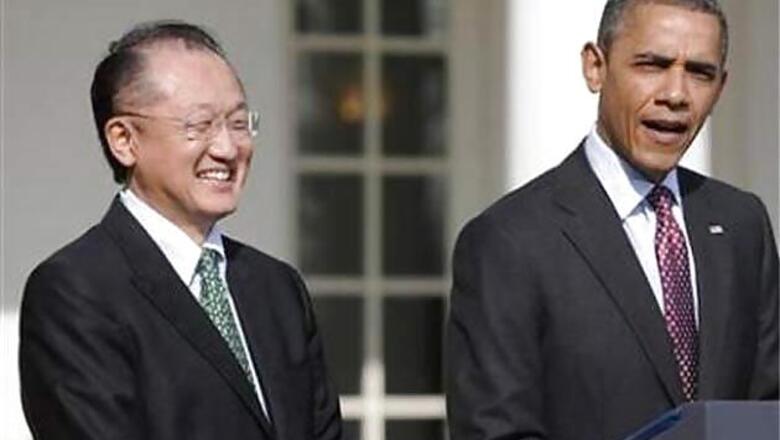
views
Washington: US President Barack Obama on Friday nominated a Korean-American known for his work in fighting HIV/AIDS in impoverished countries to lead the World Bank, a job emerging economies are contesting for the first time.
Jim Yong Kim is president of Dartmouth College, an Ivy League school in New Hampshire, and former director of the Department of HIV/AIDS at the World Health Organization.
Despite the challenge from emerging nations - with Angola, Nigeria and South Africa endorsing Nigerian Finance Minister Ngozi Okonjo-Iweala - the United States is expected to maintain its grip on the job, which it has held since the World Bank was founded after World War Two.
"He's worked from Asia to Africa to the Americas - from capitals to small villages," Obama said. "His personal story exemplifies the great diversity of our country and the fact that anyone can make it as far as he has as long as they're willing to work hard and look out for others."
The choice came as a surprise.
Washington's past picks have for the World Bank presidency have had more standing in political circles, and Kim's name had not surfaced in several media reports on potential nominees.
Okonjo-Iweala, a respected economist and diplomat, is likely to draw support from many emerging nations in Africa, Asia and Latin America who want the bank to focus more on helping their economies develop and less on traditional poverty-fighting aid.
Her backing by Angola, Nigeria and South Africa was a rare example of unity among countries often at loggerheads but ones that, like many developing economies, want to upend the tradition of always having an American lead the World Bank and a European at the helm of the International Monetary Fund.
The bank's current president, Robert Zoellick, steps down at the end of June.
"You will see more of a debate, an assessment of the merits of the different candidates and the direction of the bank," said Arvind Subramanian, a former IMF official. "It is not a slam dunk. It is not an obvious choice," he said of the US nominee.
Washington, however, retains the largest single voting share at the World Bank and could expect the support of European nations and Japan, the bank's second-largest voting member.
South Korea signaled its support, but India said it wanted to consult the other so-called BRICS countries - Brazil, Russia, China and South Africa - before making a decision.
Narrowing the field
US economist Jeffrey Sachs, who had been put forward for the job by a group of small countries, withdrew and threw his support to Kim. He had cast his uphill candidacy as an effort to break Washington's penchant for political appointments.
"The good news is that we have two credible candidates," said Homi Kharas, former chief economist of the Asia division at the World Bank. "Ngozi would focus on growth, focus on Africa, focus on jobs. Kim would focus on the provision of health and basic public services.
"I think it is appropriate to have the choice," he said.
The rise of emerging economies such as China, India and Brazil has put pressure on the United States and Europe to throw open the selection process for both the bank and the IMF. Last year, all of the bank's 187 member countries agreed on a transparent, merit-based process to select a president.
The deadline for nominations is 6 pm (2200 GMT) on Friday. The World Bank board of member countries will then shortlist no more than three candidates and finalize its choice by the time of the IMF and World Bank semi-annual meetings on April 21.
Clinton and Geithner advocated for Kim's nomination, White House spokesman Jay Carney said, adding that a number of candidates were considered, but not all were interested.
Political horse trading
Brazil had planned to nominate former Colombian Finance Minister Jose Antonio Ocampo, but said it could not do so without Colombia's support, which now looks unlikely.
While Ocampo had agreed to stand, Colombian Finance Minister Juan Carlos Echeverry said on Thursday his country was instead focusing on a bid for the presidency of the International Labor Organization, where it had a greater chance of success.
The new head of the World Bank will take over at a time when the euro zone's debt crisis is slowing the global economic recovery, undercutting demand in emerging and developing markets.
The bank's president will have to decide how best to deploy resources in a budget-cutting environment in which large World Bank shareholders such as the United States are demanding results-based development, more transparency and greater efforts to tackle corruption.
In the end, the choice may come down to political horse trading. Russia has refrained from publicly backing a non-US candidate, and has instead called for a greater role for emerging markets in other top positions at global financial institutions. World Bank board sources have said a deal could arise in which developing and emerging economies win the top post at the bank's private-sector lender.
Kim, who holds both an M.D. and a Ph.D. from Harvard University, led a World Health Organization initiative that is credited with providing access to HIV treatment to millions of people in developing countries.
"He has worked in rural villages and squatter settlements just as he has worked in the halls of power and privilege," said Paul Farmer, a co-founder with Kim of the non-profit Partners in Health, which serves some of the world's poorest countries.










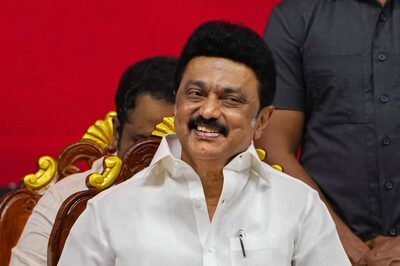

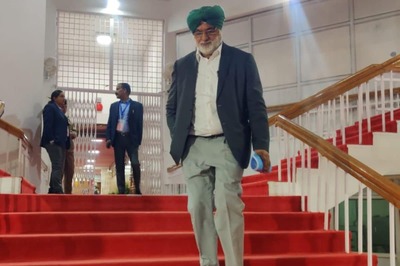
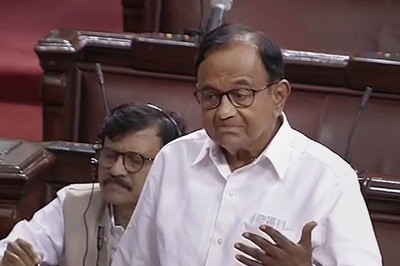
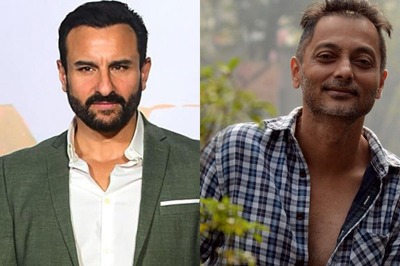


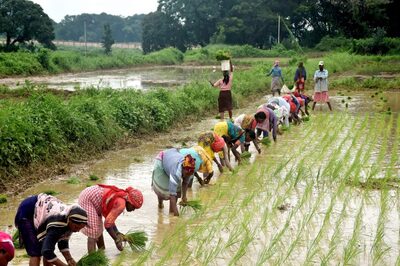
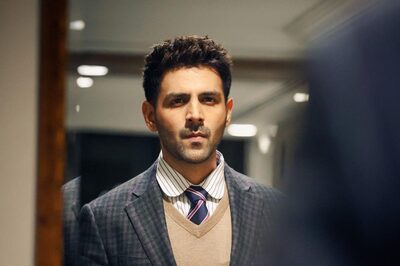

Comments
0 comment